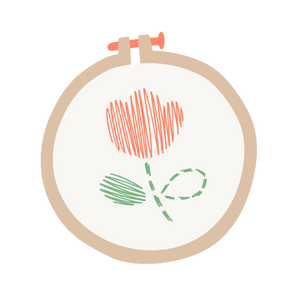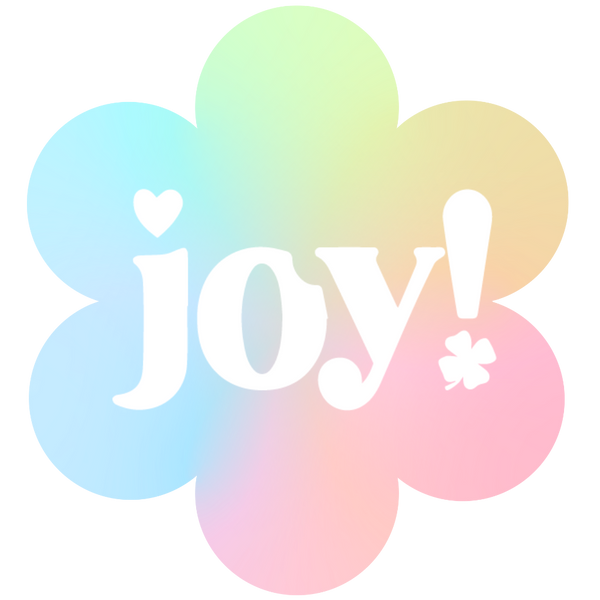Fast & tracked delivery
Your dose of creativity arrives quickly at your home, you can track your package right to your mailbox.

Are you new to crochet or are you already addicted to little handmade stuffed animals ? Then you've probably already asked yourself this question: what yarn should you use to crochet a successful amigurumi? Don't panic, we'll guide you through the different fibers, thicknesses, and brands to make the right choices... and enjoy yourself from the very first stitch!
| Objective | Recommended thread |
|---|---|
| Clearly visible and regular stitches | 100% cotton (Catona, Katia) |
| Softness + ease of maintenance | Acrylic (Brava, Amigo) |
| XXL soft rendering | Caterpillar (First Perfect, Katia Bambi) |
An amigurumi is small, cute, but above all… structured! Unlike a scarf or a blanket, here we want a compact, regular and solid result, which does not deform with cuddles. And for that, the choice of wool plays an important role.
Wool that's too soft, and your blanket will sag. Fiber that's too fluffy, and you'll lose sight of your stitches. In short: the right wool is the key to success.

Discover our ready-made amigurumi kits, designed to simplify your life and boost your creativity 🧶
See our Amigurumi kits| Yarn weight | Recommended thickness | Perfect for... |
|---|---|---|
| Fine (2.5–3.5 mm) | small hooks | mini amigurumis, keychains |
| Worsted (4–5 mm) | 3.5–4.5 mm hook | standard size, easy to grip |
| Chunky / chenille | 5 mm hook and + | big soft stuffed animals |
💡 JOY Tip: For tight knits, always choose a hook one size smaller than the one recommended on the label.
A good yarn for amigurumi should:
Yes, but pay attention to the balance of textures and mesh size. Stay consistent for a harmonious rendering.
Make a small swatch using tight knit stitches. If your fabric is compact, with no visible holes, that's perfect!
If you used cotton or acrylic, you can wash it on a gentle cycle. Avoid the dryer.
For a first project, it is advisable to choose a 100% cotton yarn, such as Catona or Katia Fair Cotton. These yarns have good hold, clear stitch definition, and make it easy to see what you are doing. At JOY!, this type of yarn is often included in beginner kits, to ensure a comfortable grip.
Yes, but this type of yarn (like chenille) is best reserved for those with some experience. It makes the stitches harder to see, which can be a problem when increasing or decreasing. On the other hand, it's perfect for very soft plush toys, like those offered in some JOY! kits.
A single metal or aluminum crochet hook is sufficient. The key is to choose a size smaller than the one recommended on the yarn label to ensure a tight knit. This prevents the stuffing from peeking out. In JOY! kits, the hook size is always adapted to the yarn chosen, allowing you to get started with peace of mind.
Yes, most cotton or acrylic yarns used for amigurumi are machine washable at 30°C on a gentle cycle. It's best not to tumble dry, especially if your creation contains iron-on elements or safety eyes.
Absolutely. Even if a kit comes with the colors and elements needed for a specific creation, you are free to add your own personal touch: a scarf, a heart, pompoms... On the JOY! website, some kits are modular, and it is even possible to buy additional thread to personalize your creation even more.
It depends on the size of the model and your skill level. A small amigurumi can be completed in 2 to 3 hours, while a more detailed model will require several sessions. The kits in the amigurumi collection at JOY! are designed to be completed in a few hours or less, to offer an accessible and rewarding experience.

Your dose of creativity arrives quickly at your home, you can track your package right to your mailbox.

Got a problem? Don't panic, you have 15 days to change your mind.

Creative activities for young and old (from 0 to 77 years old!), perfect for disconnecting from screens and spending real time together.

JOY! is fun, colorful, and a touch of madness to dust off your creative leisure activities!
